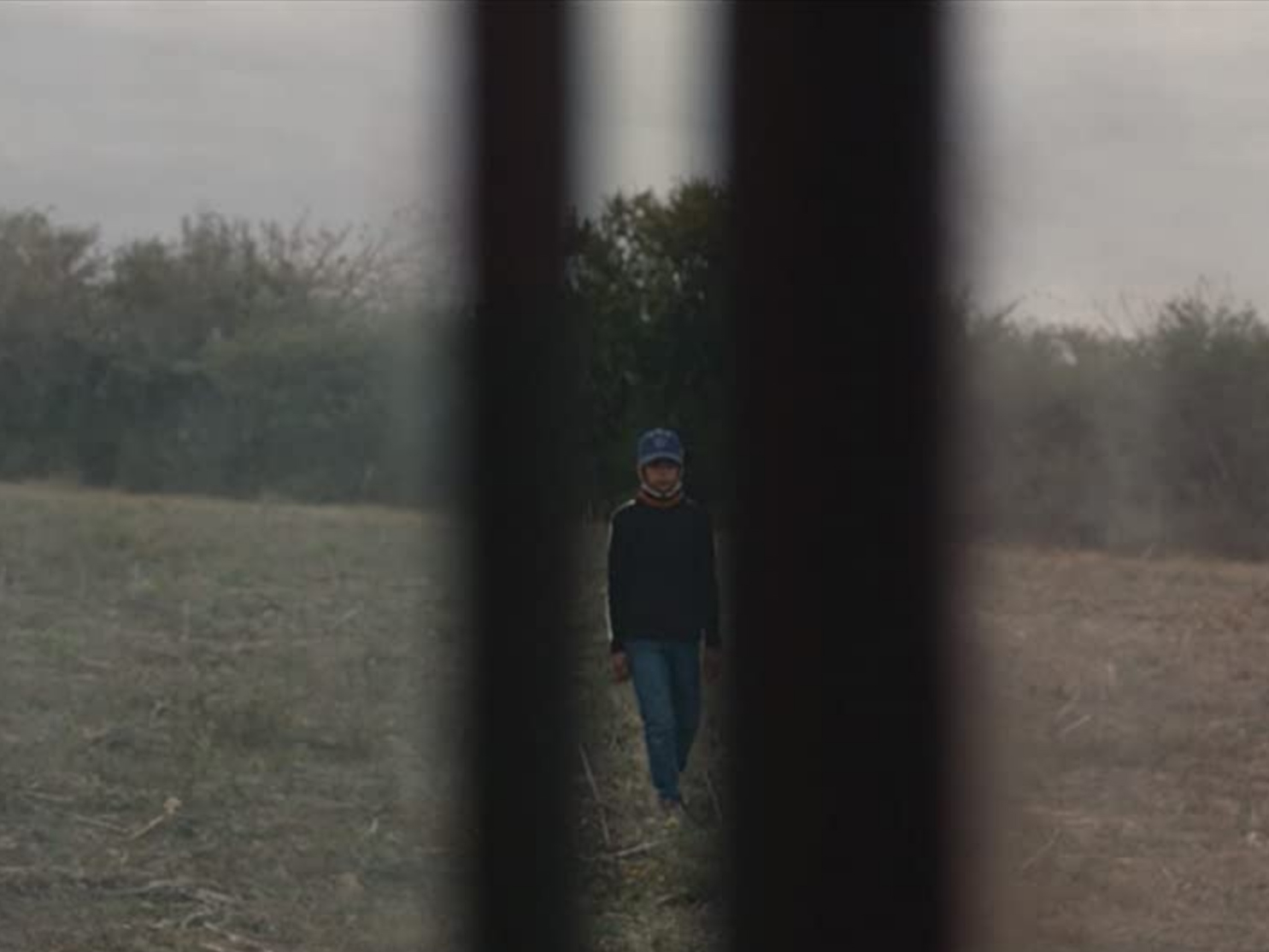
- Golden Globe Awards
Identifying Features (Mexico)
Identifying Features (Sin Señas Particulares), a film shot mostly by women filmmakers, is about a mother, Magdalena (portrayed by Mercedes Hernandez), who embarks on a journey in search of her son who disappeared en route to the U.S. border. She meets a young man, Miguel (David Illescas), recently deported from the U.S. who is making his way home and eager to see his mother again in a territory where victims and aggressors ramble together.
First-time director Fernanda Valadez, who also co-wrote and co-produced the movie with Astrid Rondero, described the movie as an exploration of the horrors and contradictions of today’s Mexico, of a whirlwind of violence that doesn’t seem to end, and of the unfortunate path of the migrants.
The film delves into the plight of many immigrants who often go missing or die on their journeys. It is set in the current Mexican humanitarian crisis, spotlights the country’s failed war against drug cartels, the disappearance of migrants bound for the U.S., and the dangerous odysseys of those looking for missing family members.
The poignant drama also stars Juan Jesus Varela (Jesus), Armando Garcia (Rigo), Laura Elena Ibarra (Chuya), Ana Laura Rodriguez (Olivia), Xicontencatl Ulloa (Pedro) and Juan Pablo Acevedo (Agente Ministerio Publico)
In an HFPA press conference with Valadez by Zoom in December 2021, while she was in Morelia as a juror for its film festival, she talked about the preparation and research for the film. “We wanted to have a clearer idea of how this phenomenon is very shocking and intriguing in Mexico for all of us, like enforced recruitment, migration, enforced disappearances. And then it was a matter of having a closer look at human stories that could help us closely understand more in terms of empathy and basically in terms of human experience.
“We tried at some point to broaden our research in terms of social class and regions because we felt that this wave of violence that has been happening in Mexico for over a decade affects all of the social structures in Mexico.”
Valadez added that she and Rondero worked on the first draft of the story around 2012. She admitted that they realized that the phenomenon was much more complex than they realized, but it was not so much a matter of changing the essence of the story but of changing the secondary characters that they felt were crucial to helping them express this very volatile situation in Mexico.
She explained that when they started after 2010, “it was mainly out of shock. The situation in Mexico was deteriorating very greatly. We felt we needed to talk about this, about thousands of people going missing. We realized the situation is so grave that we cannot divide our society between those who are victims and those who are perpetrators.
“We wanted to explore more on that, try to question ourselves on how a single person can transition from being a victim to being a perpetrator and remain a victim at the same time. We needed to talk more of the human experience in society in a very complicated context of migration, not only in Mexico but in the world.”
Hernandez, who was cast as Magdalena, is a respected Mexican stage actress, producer and storyteller who has performed in more than 25 plays. As to casting her in her first leading film role, Valadez described her as “a great performer. She was the perfect actress to portray her. She has a great strength but also a great capacity to work with non-professional actors because she is so present.”
The cast was a mix of professional actors from Mexico City, and young performers from the communities where they worked, well-versed in the motivation to immigrate.

